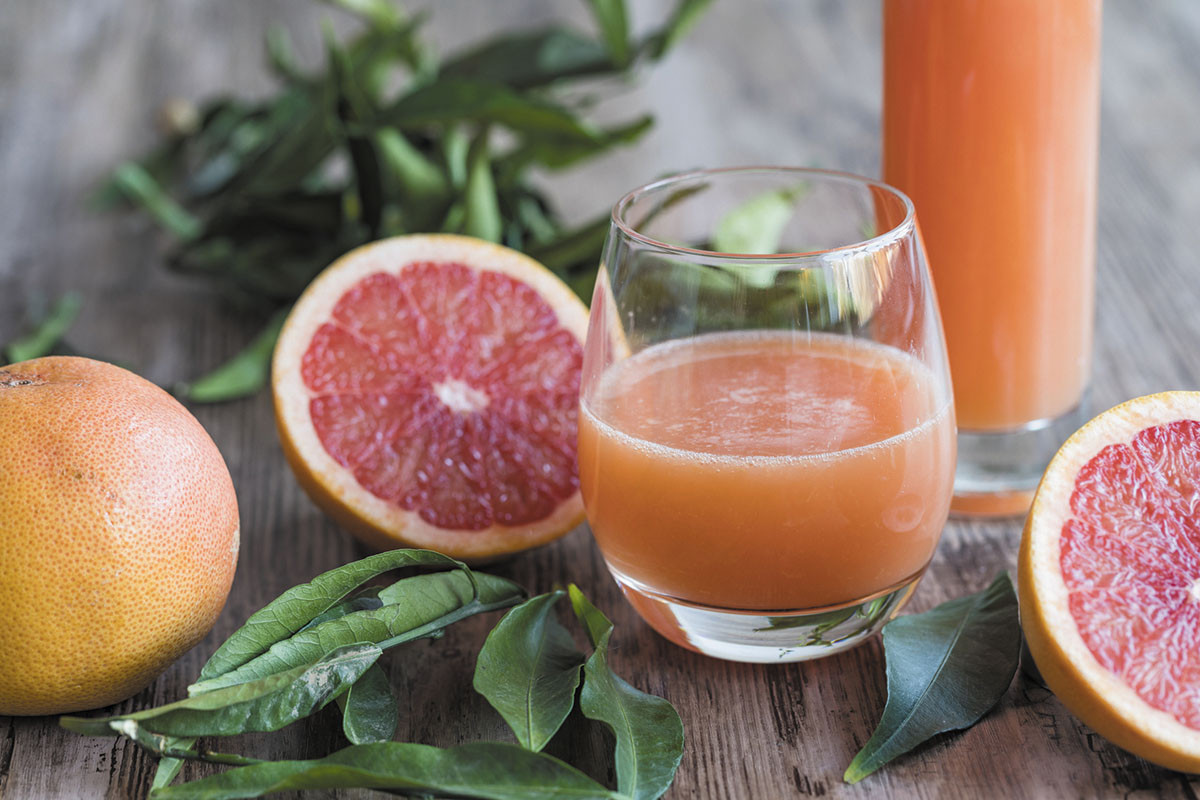
5 timeless habits for better health

What are the symptoms of prostate cancer?

Is your breakfast cereal healthy?

When pain signals an emergency: Symptoms you should never ignore

Does exercise give you energy?

Acupuncture for pain relief: How it works and what to expect

How to avoid jet lag: Tips for staying alert when you travel

Biofeedback therapy: How it works and how it can help relieve pain

Best vitamins and minerals for energy

Should you take probiotics with antibiotics?
Heart Health Archive
Articles
Grain of the month: Buckwheat
Buckwheat is a pyramid-shaped seed that’s used like a grain and featured in different forms in cuisines around the world. Buckwheat contains substances that may help improve blood vessel health and lower cholesterol.
Omega-3 fats and your heart
Higher blood levels of omega-3 fatty acids—specifically, eicosapentaenoic acid (EPA) from fish and alpha-linolenic acid (ALA) from plants—may help lower the odds of a poor prognosis in the years following a heart attack. Fatty fish such as salmon and mackerel are good sources of EPA. Flaxseeds, chia seeds, and walnuts are good sources of ALA, which is also found in soybean and canola oil.
Can a diabetes drug transform the treatment of obesity?
In people with obesity, a high-dose weekly injection of the diabetes drug semaglutide caused a 15% weight loss and improved other heart-related risk factors. Semaglutide works by mimicking a substance called GLP-1, which is made naturally by the gut and the brain. It prods the pancreas to release insulin when blood sugar rises too high, reduces appetite, and makes people feel full following a meal.
Weight-loss diets that keep your heart happy
People should be cautious about weight-loss diets that restrict a specific category of food (such as carbohydrates, fats, or even animal products) without focusing on the overall quality of the foods. Diets with lots of ultra-processed foods or red meat may contribute to poor heart health. But people can lose weight on less-extreme versions of either low-carb or low-fat diets, as long as they focus mostly on unprocessed or minimally processed foods.
Rising alcohol intake linked to higher risk of atrial fibrillation
People who increase their drinking in later midlife—consuming 21 or more drinks per week—may raise their risk of atrial fibrillation compared with those who maintain low to moderate alcohol intake.
Symptom-free dips in blood pressure may precede unexplained falls
Many older people with orthostatic hypotension (a sharp drop in blood pressure upon standing) have no related symptoms such as dizziness or lightheadedness. But they may face an elevated risk of unexplained falls.
Raising awareness about aortic disease
New guidelines about aortic disease highlight the risks and screening recommendations for these uncommon but life-threatening conditions, which include abdominal and thoracic aortic aneurysms. Cigarette smoking and high blood pressure can heighten the risk of aortic disease, as can genes and certain other medical conditions, which can weaken the wall of the aorta. As a result, the aortic wall may tear (aortic dissection) or bulge outward (aortic aneurysm) and possibly rupture.
Heart medication interactions
Certain drugs, supplements, or foods can interact with common heart medications. Known as drug-drug or drug-nutrient interactions, these can occur at any point of the drug’s "life cycle:" absorption, metabolism, or excretion. When a drug or other substance alters the absorption or metabolism of another drug, this may reduce or increase its effects. For example, grapefruit juice can elevate blood levels of certain statins and potentially increase the risk of side effects.
Short walks every half-hour may offset harms of too much sitting
Breaking up long periods of sitting with a short walk every half-hour may have health benefits. Walking even as little as one minute per hour may lower blood pressure, but a notable drop in blood sugar may require a five-minute walk every 30 minutes.
Gene editing: A one-time fix for dangerously high cholesterol?
A gene editing technique that permanently shuts down a cholesterol-raising protein called PCSK9 is being tested in heart attack survivors with an inherited form of high cholesterol. The one-time infusion contains tiny particles that contain the editing tools, which travel through the blood to the liver and changes the cells that produce the protein. If early data show the treatment to be safe and effective, the therapy potentially could be used in people who have "garden variety" high cholesterol.

5 timeless habits for better health

What are the symptoms of prostate cancer?

Is your breakfast cereal healthy?

When pain signals an emergency: Symptoms you should never ignore

Does exercise give you energy?

Acupuncture for pain relief: How it works and what to expect

How to avoid jet lag: Tips for staying alert when you travel

Biofeedback therapy: How it works and how it can help relieve pain

Best vitamins and minerals for energy

Should you take probiotics with antibiotics?
Free Healthbeat Signup
Get the latest in health news delivered to your inbox!
Sign Up











